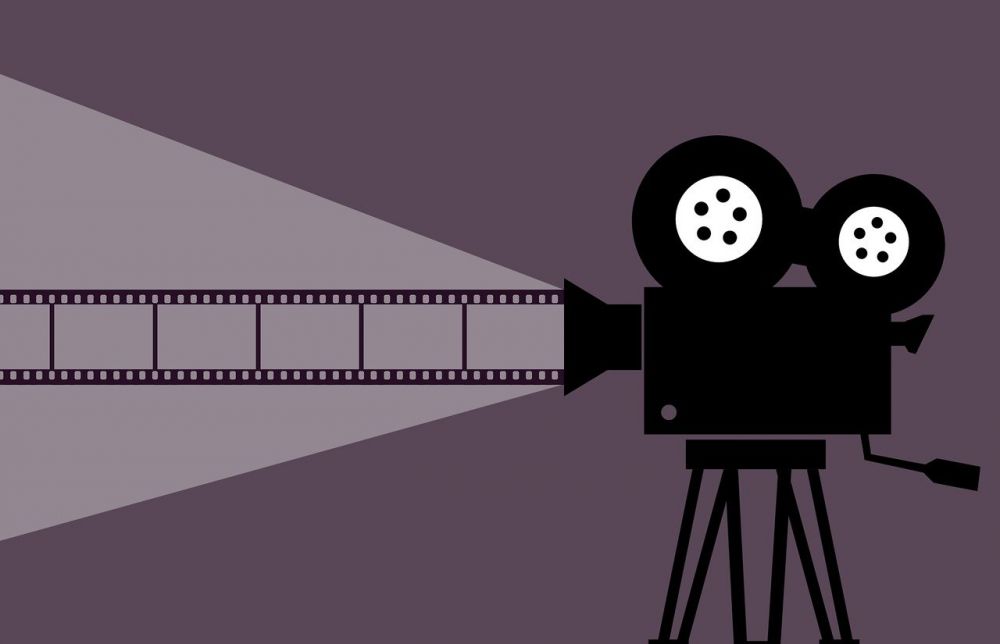Film Genre: A Journey Through the Evolution of Cinema

Introduction
Film genre is a fundamental aspect of cinema that categorizes movies based on their common themes, narrative structures, and visual styles. Understanding film genres is crucial for individuals interested in exploring and appreciating the rich tapestry of movies. In this article, we will delve into the history and development of film genres, shedding light on their origins and impact on the world of cinema.
What is Film Genre?

Film genres are classification systems that enable audiences and filmmakers to identify and navigate the vast realm of movies. Each genre possesses distinct characteristics, tropes, and conventions that allow viewers to anticipate certain elements while providing filmmakers with a framework for storytelling. From action-packed adventures to thought-provoking dramas and spine-chilling horrors, film genres serve as a roadmap for both creators and consumers of cinema.
Historical Overview of Film Genres
1. Silent Era (1890s-1920s)
– During the silent era, before the advent of synchronized sound, films relied heavily on visual storytelling. In this early phase of cinema, genres such as melodrama, slapstick comedy, and horror began to emerge.
– Notable silent era films: “The Birth of a Nation” (1915), “Nosferatu” (1922), “The Gold Rush” (1925).
2. Golden Age of Hollywood (1920s-1950s)
– The introduction of synchronized sound revolutionized the film industry and gave birth to new genres such as the musical and the gangster film.
– Additionally, Hollywood established the foundations of iconic genres like film noir and the western, captivating audiences with their unique narratives and visual styles.
– Notable Golden Age films: “Casablanca” (1942), “Singin’ in the Rain” (1952), “The Searchers” (1956).
3. New Hollywood and Beyond (1960s-Present)
– With the rise of independent cinema and the dismantling of the studio system, the 1960s marked a period of experimentation and innovation in film genres.
– The emergence of genres like the psychological thriller, sci-fi, and the superhero film exemplified the evolving tastes and sensibilities of audiences.
– Notable films from this era: “Psycho” (1960), “Star Wars” (1977), “The Dark Knight” (2008).
Most Influential Film Genres
1. Film Noir
– Film noir, characterized by its dark and cynical storytelling, shady characters, and atmospheric visuals, emerged in the 1940s and continues to influence filmmakers today.
– Key films: “Double Indemnity” (1944), “Chinatown” (1974), “L.A. Confidential” (1997).
2. Science Fiction
– The science fiction genre has captivated audiences with its exploration of futuristic concepts and technologies, often raising thought-provoking questions about society and humanity.
– Notable films: “2001: A Space Odyssey” (1968), “Blade Runner” (1982), “The Matrix” (1999).
3. Superhero
– Superhero films have skyrocketed in popularity, bridging the gap between comic books and cinema. This genre offers thrilling escapism, epic battles, and complex characters.
– Notable films: “The Avengers” (2012), “Black Panther” (2018), “Joker” (2019).
The Impact of Film Genres
Film genres have transformed the cinematic landscape, influencing not only the movies themselves but also audience preferences, marketing strategies, and industry trends. Genres provide a common language for both filmmakers and viewers, allowing them to communicate and connect through shared cinematic experiences. Moreover, genres have given rise to dedicated fan communities, merchandise, conventions, and even entire franchises that span multiple films.
In Conclusion
Film genres offer a gateway into the vast world of cinema, guiding viewers through an array of narratives, themes, and visual styles. By understanding the history and evolution of genres, we gain a deeper appreciation for the art of filmmaking. From the silent era to modern blockbusters, the power of genres cannot be understated, shaping the way we experience and interpret cinema. So grab some popcorn, dim the lights, and immerse yourself in the magic of film genres.
















































